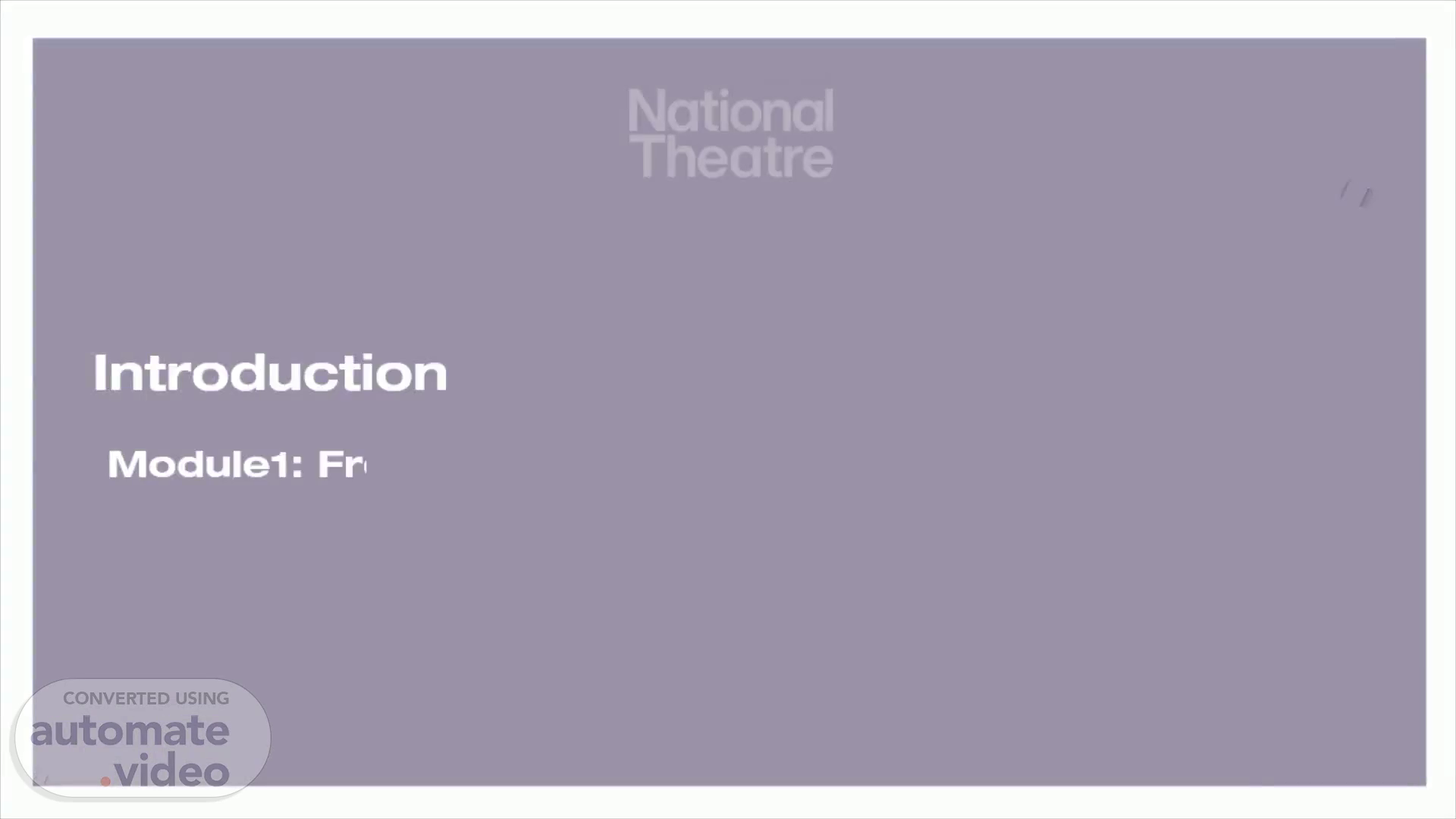
Page 1 (0s)
Module1: From Unconscious Bias to Conscious Inclusion Presented by Colleen Harris.
Page 2 (10s)
1. What is Unconscious Bias?. 2. Understanding our own biases.
Page 3 (26s)
Unconscious Bias: The Science. Creative Access 2022.
Page 4 (33s)
Brain outline. Amygdala The fight or flight response.
Page 5 (47s)
Right And Left Brain outline. Conscious mind. Question Mark outline.
Page 6 (1m 2s)
11,000,000. Unconscious Bias. 40. Filing Box Archive outline.
Page 7 (1m 28s)
Unconscious Bias. Creative Access 2022. Icon Description automatically generated.
Page 8 (1m 34s)
Explicit Bias: attitudes or stereotypes into which an individual has invested conscious thought, resulting in actions that are deliberate. Examples: offensive language, discrimination, hate crimes ..
Page 9 (1m 54s)
Age. Disability. The Legal Framework. Gender Reassignment.
Page 10 (2m 7s)
Unconscious Bias. Creative Access 2022. Icon Description automatically generated.
Page 11 (2m 13s)
Primary Characteristics Age Sex Race Gender Identity Ethnicity Mental/Physical Abilities Sexual Orientation.
Page 12 (2m 34s)
The impact of Unconscious Bias. Creative Access 2022.
Page 13 (2m 41s)
Acknowledge your own preferences.. 2. Slow down your thinking.
Page 15 (3m 9s)
. . From Unconscious Bias to Conscious Inclusion.
Page 16 (3m 19s)
QUIZ 1.. We all have unconscious biases. What can we do to check whether they are influencing our decisions?.
Page 17 (3m 38s)
QUIZ 2.. Which of these is not a primary identity characteristic ?.
Page 18 (3m 47s)
QUIZ 3.. Unconscious biases can be negative or positive. A positive bias in favour of someone is known as what?.
Page 19 (3m 58s)
QUIZ 4 .. Which of these statements best describes using conscious inclusion to make decisions?.
Page 20 (4m 15s)
Creative Access 2022. Icon Description automatically generated.